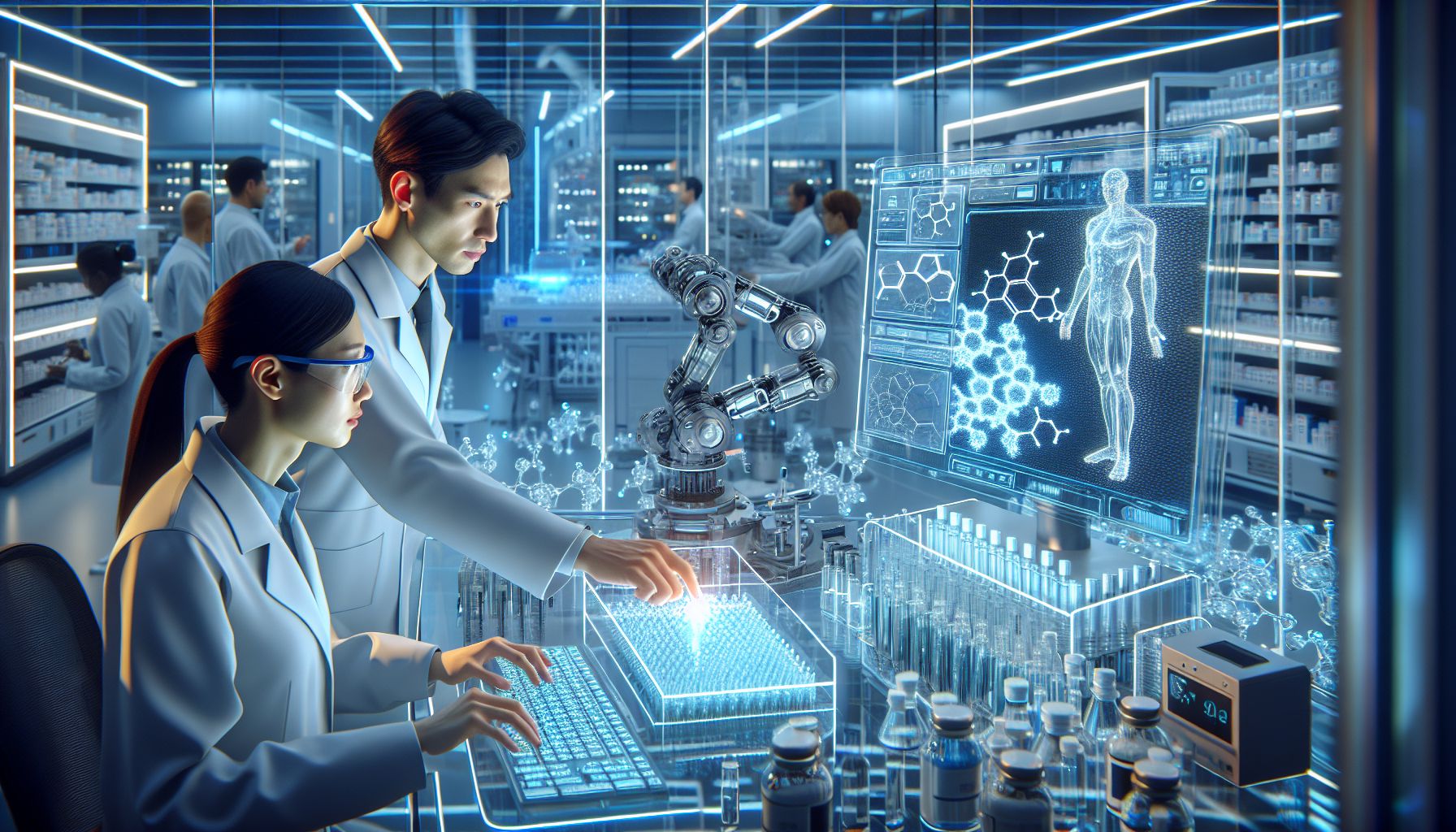

The Fusion of Technology and Pharmaceutical Products
In recent years, the pharmaceutical industry has seen a significant shift towards the integration of technology into the development and production of drugs. This fusion has led to numerous advancements in the field, revolutionizing the way medications are researched, tested, and administered.
One of the most notable ways in which technology has impacted pharmaceutical products is through the use of artificial intelligence (AI) and machine learning. These technologies have the ability to analyze massive amounts of data at speeds that far exceed human capabilities, allowing researchers to identify potential drug candidates more efficiently. AI can also be used to predict the efficacy and potential side effects of a drug, helping to streamline the drug development process.
Additionally, the use of technology has enabled the development of personalized medicine, where treatments are tailored to individual patients based on their unique genetic makeup. This approach has the potential to improve the effectiveness of medications and reduce the occurrence of adverse reactions.
Another area where technology is making a significant impact is in the delivery of pharmaceutical products. Innovations such as smart pills, implantable drug delivery devices, and wearable technology are changing the way medications are administered. These technologies can help patients adhere to their medication regimens and provide healthcare providers with real-time data on a patient’s health status.
Furthermore, technology has also transformed the way pharmaceutical companies interact with consumers. Digital health platforms, mobile apps, and telemedicine services are giving patients greater access to healthcare information and services. These tools can help individuals track their medications, monitor their health conditions, and communicate with their healthcare providers more effectively.
While the fusion of technology and pharmaceutical products has brought about numerous benefits, it also presents new challenges. Issues such as data security, regulatory compliance, and ethical considerations must be carefully addressed to ensure the safe and responsible use of technology in healthcare.
In conclusion, the integration of technology into the pharmaceutical industry has had a profound impact on the way medications are researched, developed, and delivered. From AI-powered drug discovery to personalized medicine and digital health platforms, technology is reshaping the future of healthcare. As these advancements continue to evolve, it is essential for pharmaceutical companies, healthcare providers, and regulators to work together to harness the full potential of technology in improving patient outcomes and advancing the field of medicine.
Comments are Disabled